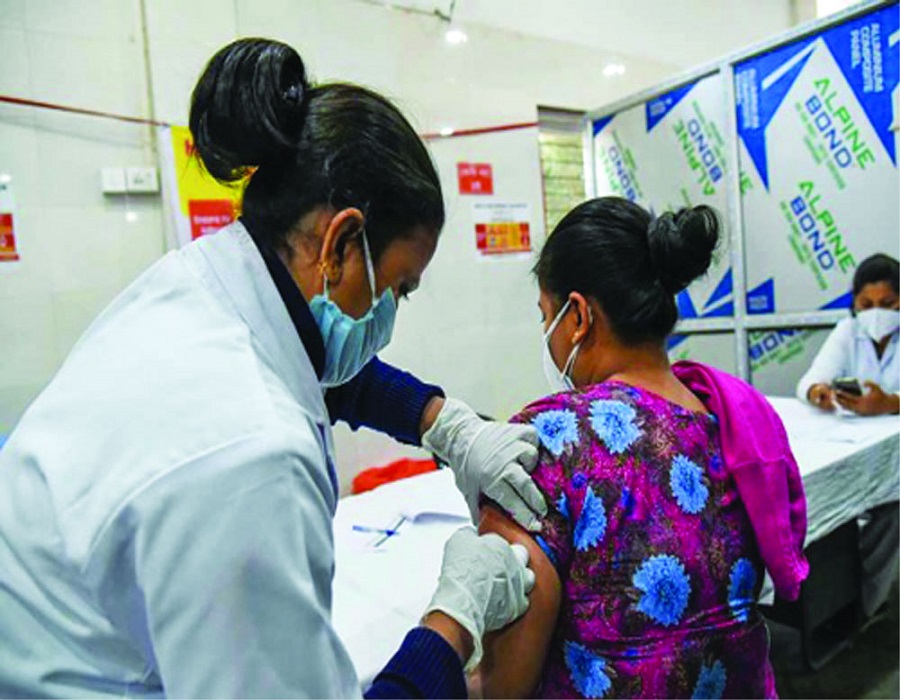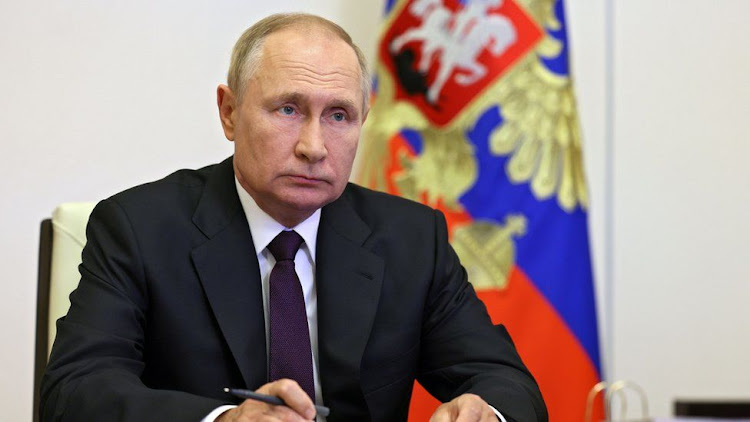Make no mistake, there will be problems that will emerge during the deployment of various vaccine candidates for the 1.3 billion Indians. That is why the Health Ministry is wisely asking all State Governments to conduct dry runs on select frontline and healthcare workers so that the problems and, more importantly, bottlenecks — whether those are in storage or distribution, or even the process of injecting millions of people expeditiously — can be identified and rectified before the large-scale deployment actually begins. To this end, Saturday saw a nationwide rehearsal to discover and plug the loopholes, if any. Across India, the dry run was conducted at 259 sites in 116 districts with nearly 96,000 trained vaccinators. However, it would be prudent to understand that not all problems can and will be recognised at the moment, and some might emerge later on, including that of people having adverse reaction to the vaccinations. That is why Prime Minister Narendra Modi himself spoke out and warned Indians to not fall prey to misinformation about the vaccination programme. Even Union Health Minister Dr Harsh Vardhan assured the nation that the Government would not compromise on any protocol in approving a vaccine and appealed to people not to be misguided by rumours regarding the safety and efficacy of the shots. In the years past, we have seen how the misinformation about polio drops, specifically within a particular community, delayed the roll-out of the anti-polio programme. That said, we should take heart from the overall success of the polio campaign in the 2000s. This time, though, we don’t have either the luxury of time or the need to inoculate just a small proportion of the population. Even if only those particularly susceptible are inoculated first — including frontline health workers, police staff and municipal workers in addition to the Armed Forces — one is talking tens of millions of doses just in India’s metropolitan areas.
There will be a steady stream of stories of people who will be denied the vaccine due to the lack of appropriate paperwork; there will be other stories of corruption in the process and there will be stories of unbelievable ineptitude and there might even be stories about deaths due to adverse reaction to the vaccines. Some of these stories will attack the foundations of the vaccination programme, some might even attack the vaccines themselves. Some of these stories will need to be told but we should read and watch such stories with our eyes and ears open and use our brains to sift out some of the ridiculous claims. We have for years cribbed and whined about fake news and how that phenomenon is impacting democracy, but fake news and misinformation in the case of healthcare can be fatal. Not only should technology majors such as Facebook and Google do their utmost to curb such bits of misinformation, the media companies will have to exercise extreme editorial restraint, of the sort they do during wartime, and the Government must keep an eye out on the information flow. This should not be misconstrued, although it will be by some, as an attack on the media. But if we want a successful vaccination programme and return to some sense of normalcy, this is essential. We wish the Union Health Ministry, the various pharmaceutical companies producing the vaccines and the State Governments deploying the vaccines, the very best of luck going into the dry run. We also hope and pray that there are no untoward incidents and all unforeseen hiccups can be dealt with promptly. All of us need and want the dry run to be a success so that the big job of vaccinating millions of Indians can start as soon as possible.
(Courtesy: The Pioneer)








 OpinionExpress.In
OpinionExpress.In















Comments (0)